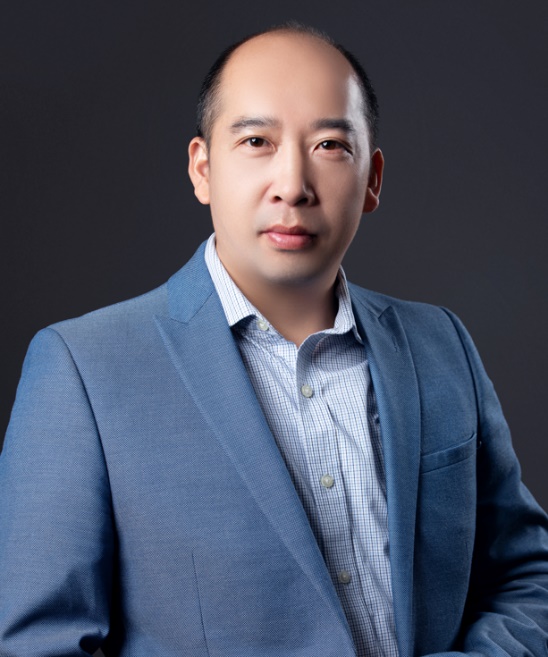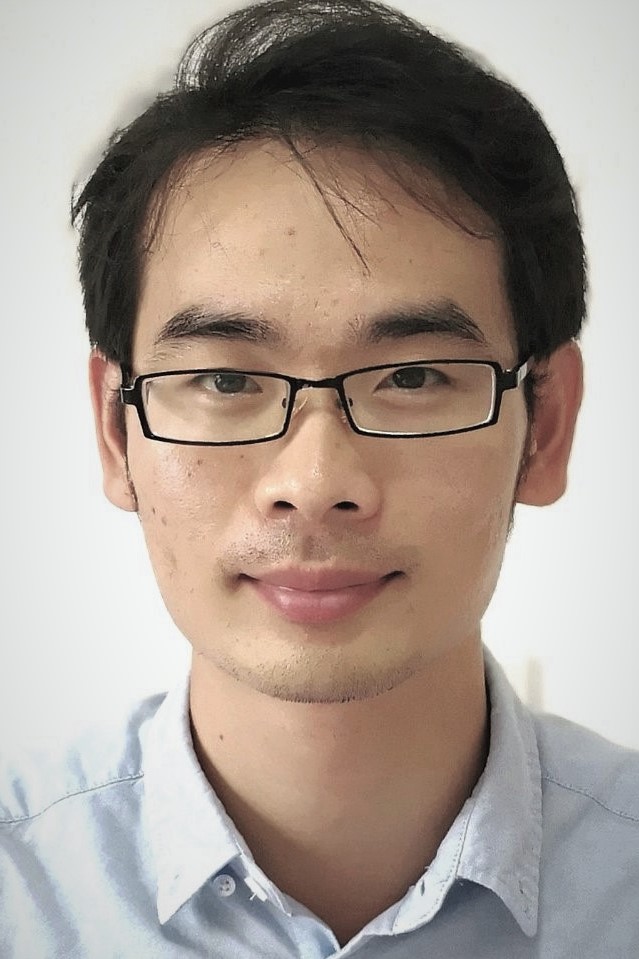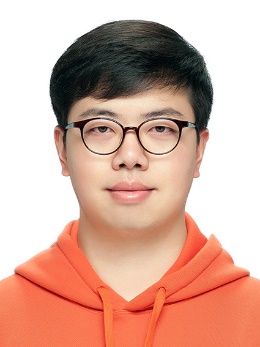Speakers

Prof. Michael Yu WANG, Hong Kong University of Science and
Technology, Hong Kong, China
Biography: A native of China, Professor Wang obtained
his undergraduate degree from Xian Jiaotong University in China, his
M.S. degree from Pennsylvania State University, and his Ph.D. from
the Carnegie Mellon University. Before joining HKUST in 2015, he
served on the engineering faculty at University of Maryland, Chinese
University of Hong Kong, and National University of Singapore.
Professor Wang has held other positions worldwide, including
visiting scholar at Stanford University, A*STAR OAP Fellow in
Nanyang Technological University in Singapore, Guest Professor in
Xian Jiaotong University, Shanghai Jiaotong University, and Haerbin
Institute of Technology, Chang Jiang Chair Professor at Huazhong
University of Science and Technology, Eminent Visiting Professor at
Universiti Brunei Darussalam, and Distinguished Visiting Scholar of
University of Technology Sydney.
Wang’s research focuses primarily on robotics, autonomous systems,
manufacturing automation, topology optimization, and additive
manufacturing, with over 300 technical publications in these areas.
His research projects were supported by the National Science
Foundation (NSF), Boeing, Chrysler, ALCOA, Maryland Industrial
Partnerships in USA, by RGC and ITC and local industries in Hong
Kong, by NSFC and MOST in China, and by Singapore A*STAR, MOE, and
Defense Ministry. He has supervised 22 PhD, 11 MS and 2 MPhil degree
students.

Prof. Tao Feng, Nanjing University of Science and
Technology, China
Biography: Prof. T.Feng received his Bachelor
degree in 1999 from Zhejiang University and his Master and PhD in
2002 and 2006 from Shanghai Institute of Microsystem and Information
Technology, Chinese Academy of Sciences. He was an Alexander von
Humboldt fellow in Karlsruhe Institute of Technology (Karlsruhe,
Germany) during 2010-2012. He is currently a professor of Herbert
Gleiter Institute for Nanoscience (HGI), Nanjing University of
Science & Technology.
His current research interest is the relationship of atomic
structures and properties of nanostructured metallic materials.
Research activities cover synthesis and processing, atomic structure
characterization, thermal stability, mechanical and physical
properties of nanostructured materialsd. He authored and co-authored
more than 100 international peer-reviewed journal publications, 25
applied patents, and presented 10 invited lectures at international
conferences and symposia.

Prof. Yu Li, Wuhan University of Technology, China
Prof. Dr. Yu Li received his Bachelor degree
from Xi’an Jiaotong University in 1999 and received his Mater degree
from Liaoning Shihua University in 2002. He obtained his Ph.D. from
Zhejiang University in 2005. He worked in EMAT at the University of
Antwerp with Prof. G. Van Tendeloo in 2005 and then in CMI at the
University of Namur with Prof. Bao-Lian Su in 2006. He jointed Wuhan
University of Technology in 2010. Currently, he is a “Chutian”
Professor at Wuhan University of Technology. His research interests
include exploring principles of nanomaterials and hierarchically
porous materials design, synthesis and their applications in the
fundamental aspects of energy and environment. He has published over
150 high-level peer reviewed papers, including Nat. Commun., Chem.
Soc. Rev., Angew. Chem. Int. Edit., Adv. Mater., Adv. Energy Mater.,
Adv. Funct. Mater., Nano Energy, etc. His publications have received
a citation over 9000 times with an H-index of 52. He has obtained
over 50 national invention patents.

Prof. Qunhong Weng, Hunan
University, China
Biography: Qunhong Weng is professor in school
of materials science and engineering, Hunan University. He obtained
his Ph.D. degree from University of Tsukuba in 2015, Japan, and
worked as a postdoctoral researcher at National Institute for
Materials Science (NIMS), Alexander von Humboldt Fellow and group
leader at Leibniz IFW Dresden, Germany, before joining Hunan
University in 2018. His research focuses on functionalized layered
materials, particularly those made of light B, C, N, and O atoms,
and their applications in biomedical and miniaturized energy storage
technologies. He has published over 45 peer-reviewed papers with a
total citation of 4000 times. He also serves as a reviewer for over
30 scientific journals and has been invited to contribute progress
reportsreviews to the journals of Adv. Mater. and Small.

Prof. Xiang Chen,
Nanjing University of Science and Technology, China
Biography: Prof. Xiang Chen is now the assistant
to the dean of School of Materials Science and Engineering (SMSE) at
Nanjing University of Science and Technology (NJUST) and the
executive deputy director of Key Laboratory of Advanced Displaying
Materials and Devices, MIIT. He is also the Principal Investigator
(PI) of a research group of two-dimensional electronic materials and
devices. Dr. Xiang Chen got his Ph.D. degree from University of
Science and Technology Beijing (USTB) in 2014, supervised by Prof.
Yue Zhang (Academician of CAS). From 2014 to 2018, he worked as a
postdoctoral researcher and research professor at Yonsei University,
supervised by Prof. Jong-Hyun Ahn (President of Korean Graphene
Society) and Prof. John A. Rogers (Fellow of NAE, AAAS, NAS and
NAM). In 2018, he joined SMSE at NJUST as a full professor.
In 2018, Prof. Xiang Chen was selected into the "Top Young Talents
Selection Plan" of NJUST. In 2021, He was selected into the
"High-level Innovation and Entrepreneurship Talents Introduction
Plan" of Jiangsu Province ("Mass Entrepreneurship and Innovation
Talents"). His current research interest: wafer-level controllable
synthesis of novel two-dimensional electronic materials and their
applications in integrated, flexible, and bioelectronic devices. He
has presided over 6 projects, including a major research
program-cultivation project of National Natural Science Foundation
of China (NSFC), with a total research fund of 3.79 million yuan. He
has also participated in 6 other projects, including a national
major research program, with a total research fund of 49.42 million
yuan. He has been authorized 7 Chinese and Korean national invention
patents and published more than 30 SCI papers in Nat. Commun., Adv.
Mater., etc., with a total citation of more than 1700 and an H
factor of 21.
.